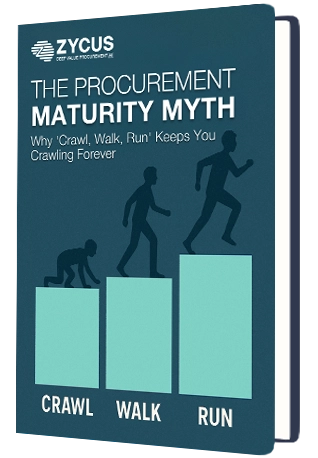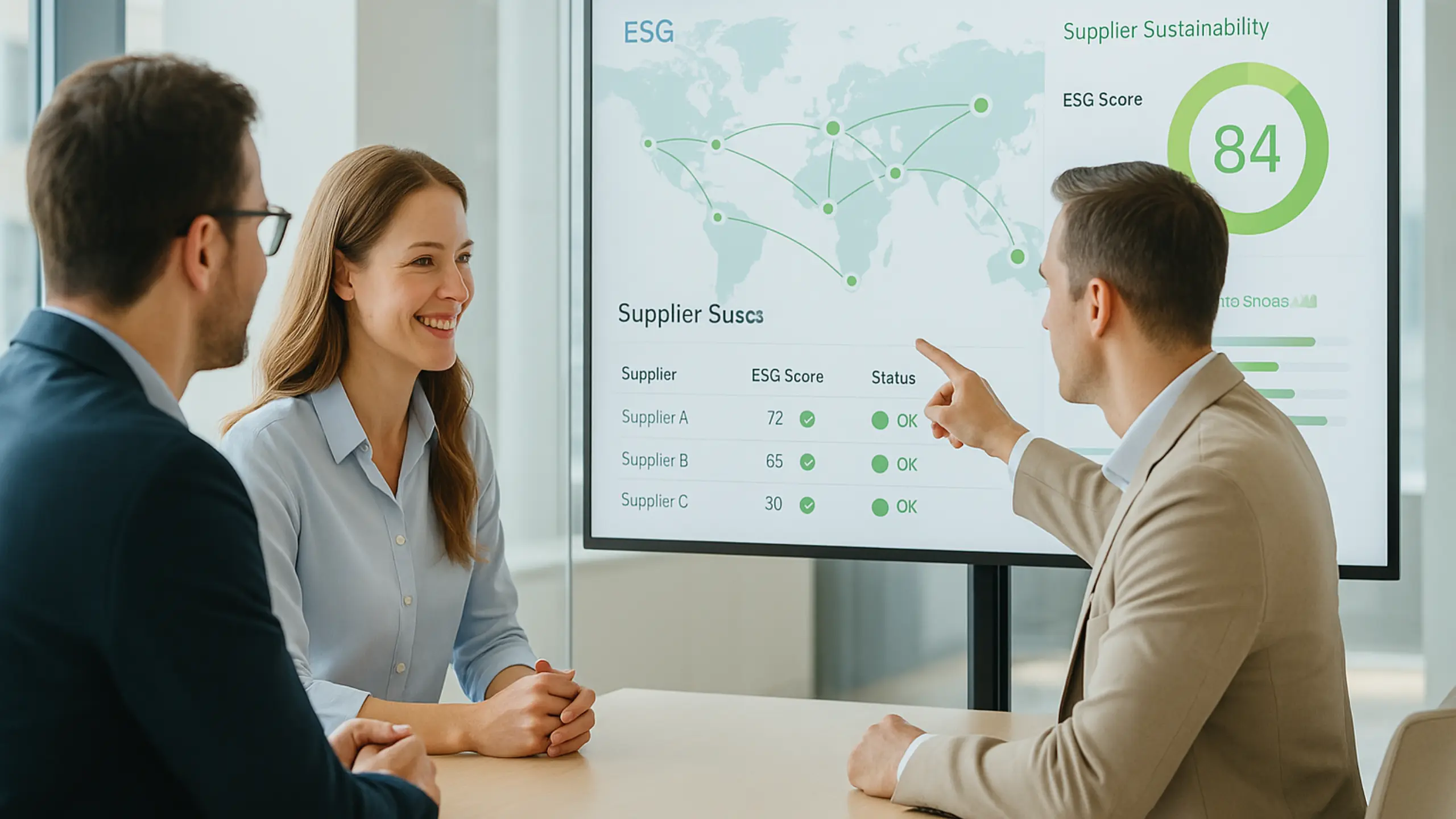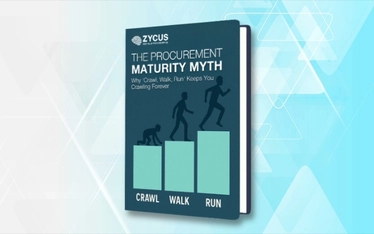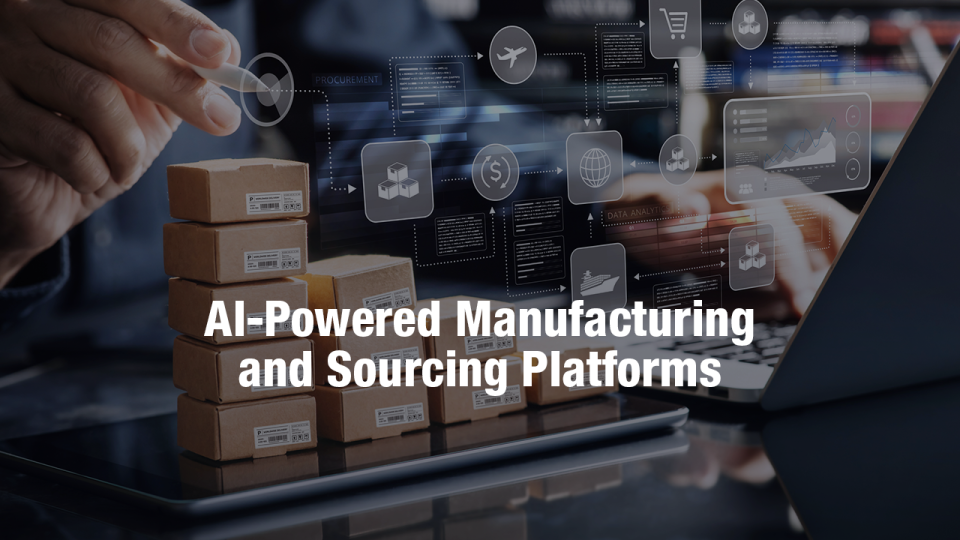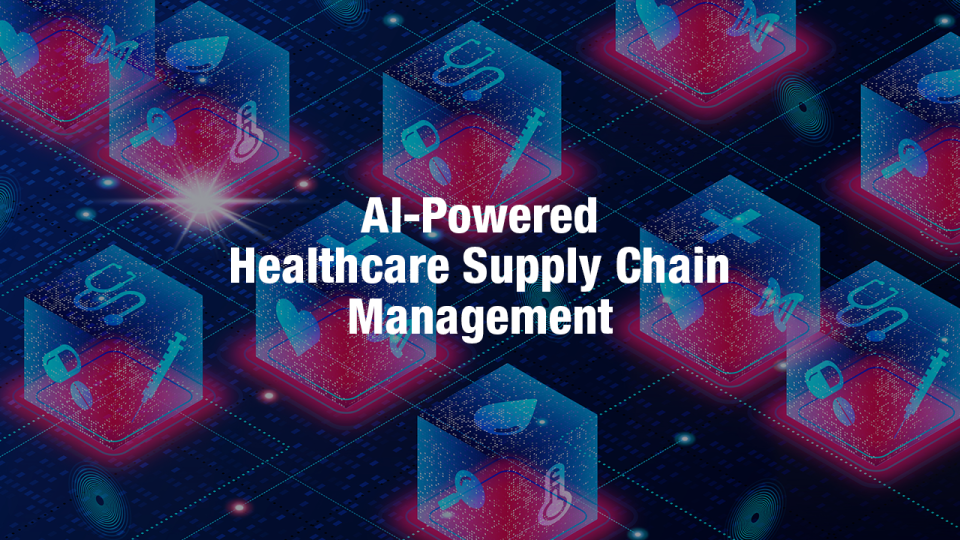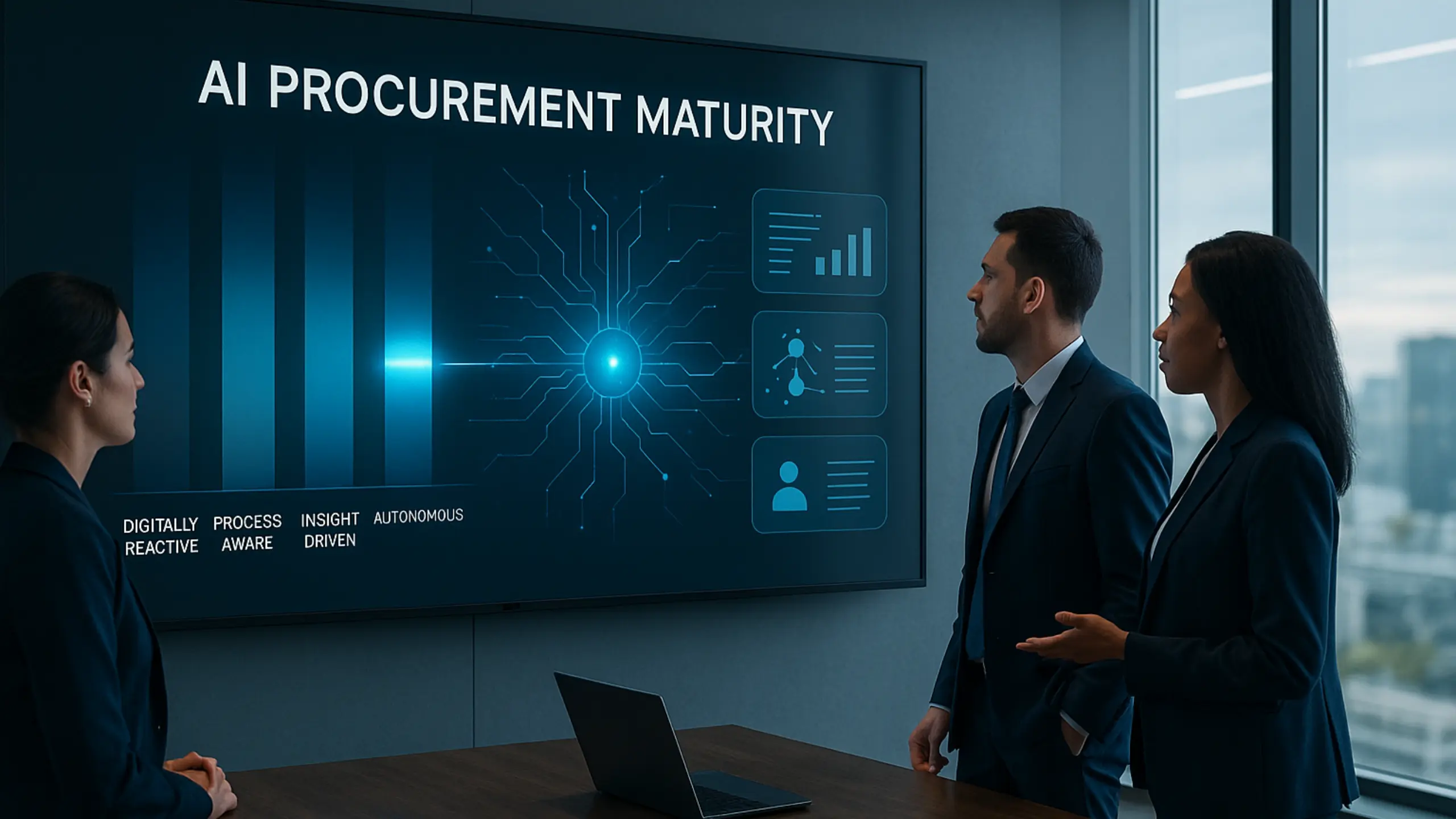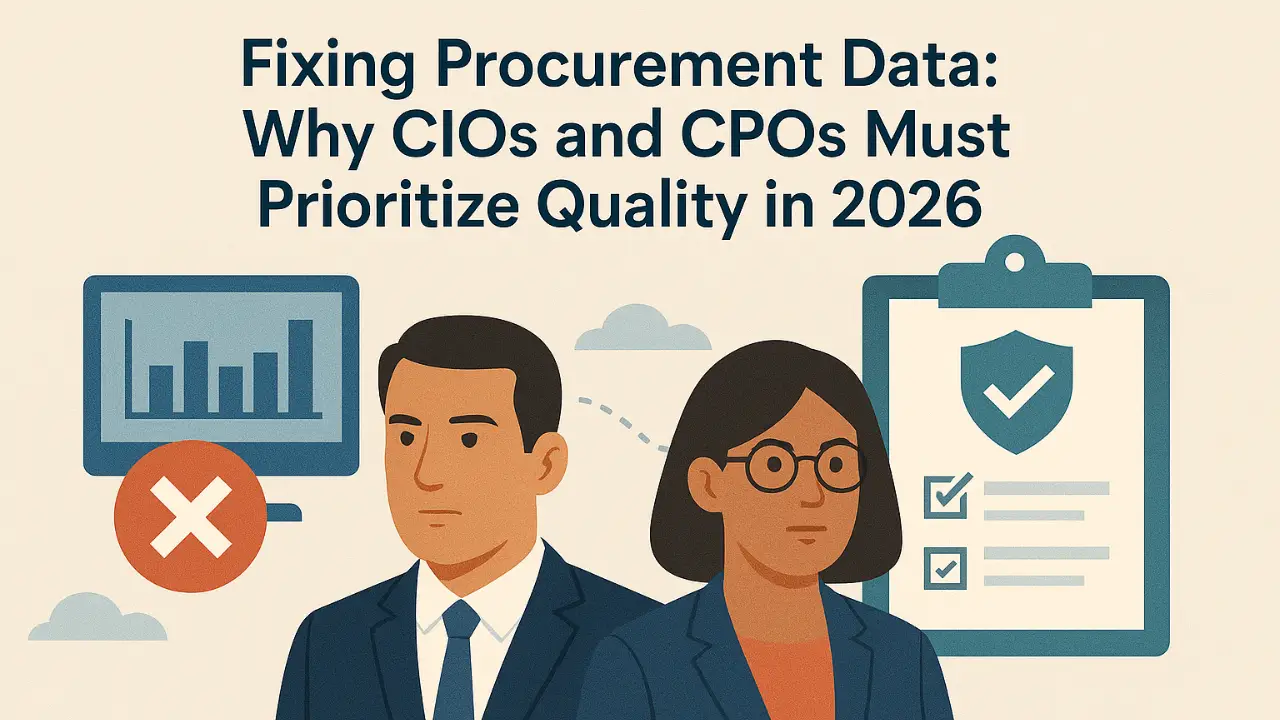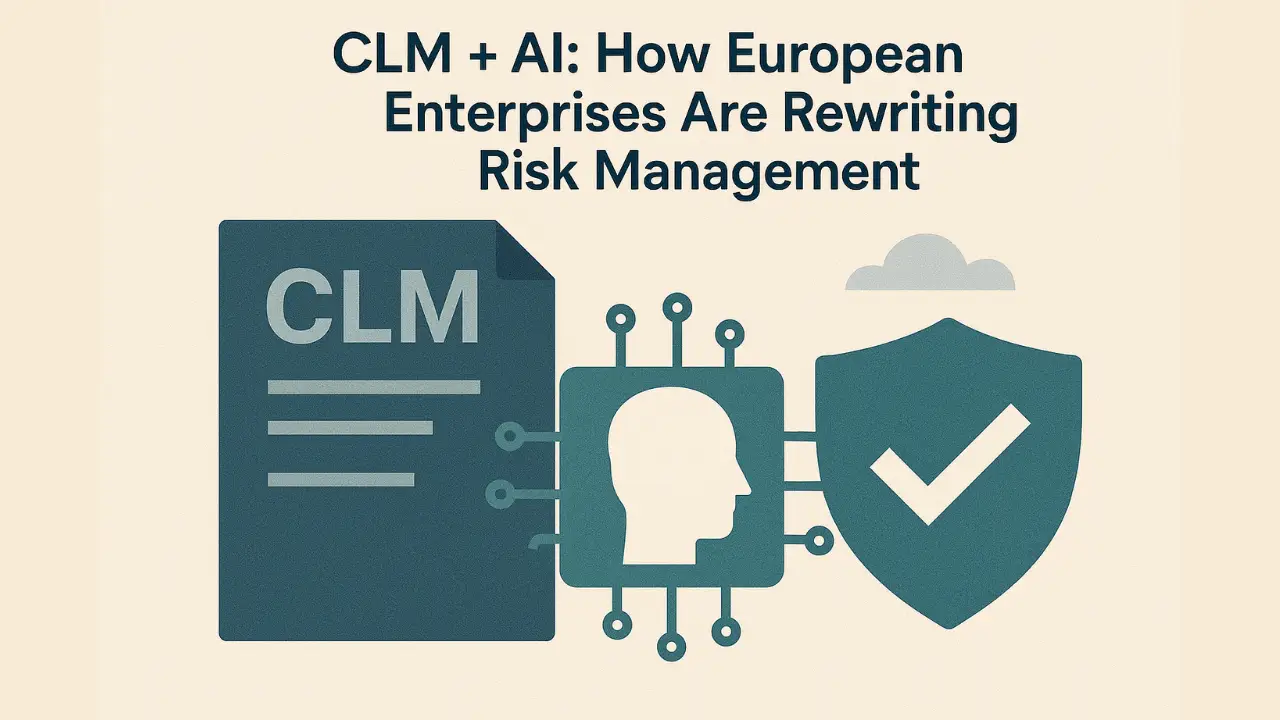TL;DR
- Sustainable Procurement for Mid-Market firms is now a business imperative, not a PR exercise, as ESG expectations rise from regulators and customers.
- Procurement influences up to 80% of a company’s sustainability footprint, making it central to achieving ESG goals.
- Mid-market companies can start small by adding ESG criteria to RFPs, supplier scorecards, and digital supplier portals.
- AI and analytics enable real-time ESG tracking, supplier compliance monitoring, and predictive risk management.
- By combining technology with transparency, mid-market procurement teams can build resilient, ethical, and profitable supply chains.
Why Sustainable Procurement for Mid-Market Firms Is a Business Priority
Sustainability has moved from boardroom pledge to bottom-line impact. ESG procurement is now a mandate — not a marketing exercise. Mid-market enterprises, in particular, are under growing scrutiny from regulators, investors, and customers who demand traceability, ethical sourcing, and measurable carbon accountability.
Procurement plays a pivotal role in delivering ESG outcomes because 60–80% of a company’s sustainability footprint lies within its supply chain. For CFOs doubling as CPOs, this means redefining procurement goals — shifting focus from cost and speed to value, transparency, and resilience.
Read more: Supplier Risk Scoring for Mid-Market Procurement Teams
Understanding Sustainable Procurement for Mid-Market Enterprises
Sustainable procurement is the practice of sourcing goods and services with an eye on environmental, social, and governance (ESG) impact. It aligns supplier behavior with company values, compliance standards, and customer expectations.
For mid-market firms, the challenge lies in doing this without creating administrative overload. The key is simplification: start with high-impact categories (logistics, manufacturing inputs), set ESG criteria in RFPs, and collect evidence through digital supplier portals.
How to Integrate ESG into Supplier Selection
Embedding ESG into procurement means treating sustainability metrics like any other performance KPI. Mid-market firms can use weighted scoring in RFPs, supplier self-assessment forms, and ongoing ESG audits to ensure alignment.
Procurement automation simplifies the process: suppliers upload certifications, performance data, and corrective action reports directly into portals. This transparency builds trust — and helps buyers compare suppliers beyond price.
Read more: RFP Automation for Mid-Market Procurement: Smarter Proposal Evaluation with AI
Technology Enablers for ESG Tracking
AI and analytics platforms make ESG measurable. Procurement dashboards can now track supplier compliance, carbon emissions, and social impact scores in real time. Predictive risk models even alert teams before a non-compliant supplier creates reputational damage.
Mid-market firms can start small — integrating ESG metrics into supplier scorecards or using orchestration tools to automate audits. The goal isn’t perfection, but progress with proof.
How Mid-Market Firms Can Overcome ESG Challenges Through Sustainable Procurement
Common barriers include lack of supplier data, limited budgets, and change fatigue. The solution lies in phased adoption — begin with Tier-1 suppliers, use templates for data capture, and communicate why compliance benefits everyone.
When procurement and suppliers collaborate on ESG goals, sustainability shifts from obligation to opportunity.
Read more: Change Management for AI Adoption
Conclusion
Sustainability and profitability are no longer opposites. For mid-market procurement teams, ESG offers a pathway to resilient supply chains, stronger supplier partnerships, and improved reputation. By combining technology with transparency, procurement becomes the engine of responsible growth.
Explore Zycus’ Procurement software for Emerging market
See how Zycus helps mid-market firms operationalize ESG in procurement. Book a demo.
FAQs
Q1. What is sustainable procurement for mid-market firms?
Sustainable procurement for mid-market firms involves integrating environmental, social, and governance (ESG) principles into sourcing and supplier management. It focuses on ethical sourcing, carbon accountability, and long-term value creation without increasing administrative complexity.
Q2. Why is sustainable procurement important for mid-market enterprises?
Sustainable procurement for mid-market enterprises helps build resilient supply chains, reduce compliance risks, and meet investor and customer expectations. It drives measurable ESG impact while improving operational efficiency and brand reputation.
Q3. How can mid-market companies implement sustainable procurement?
Mid-market companies can start sustainable procurement by setting ESG criteria in RFPs, using supplier scorecards, and tracking compliance via digital portals or AI-enabled dashboards. Phased adoption ensures progress without overwhelming resources.
Q4. How does AI support sustainable procurement for mid-market firms?
AI supports sustainable procurement by automating ESG data collection, tracking supplier compliance, and providing predictive insights into risks. Zycus’s AI tools help mid-market firms simplify ESG reporting and achieve sustainability goals efficiently.
Q5. What are the main challenges in achieving sustainable procurement for mid-market firms?
Common challenges include limited supplier data, smaller budgets, and resistance to change. Mid-market firms can overcome these by focusing on high-impact suppliers, leveraging automation tools, and fostering supplier collaboration on ESG objectives.
Q6. How can technology enhance sustainable procurement in mid-market enterprises?
Technology enables mid-market enterprises to track ESG metrics in real time, automate audits, and maintain transparent supplier relationships. AI and analytics help ensure measurable progress and continuous improvement in sustainability performance.
Related Reads:
- The Adoption Deficit: Solving the Procurement Change Challenge in Emerging Enterprises
- Building Resilient Supply Chains: Risk-Mitigation Strategies for High-Growth Companies
- From Chaos to Control: Fixing Vendor Master Data and Rogue Spend with AI
- Strategic Procurement Priorities for 2026: A Mid-Market Survival Guide
- Flexible Spend Policies for Mid-Market Companies in Hybrid Workplaces
- Building Resilient Procurement Teams in the AI Era: A Mid-Market Playbook
- Negotiation in Mid-Market Procurement: Blending Human Skills with AI Metrics
- AI Procurement Maturity Model for Mid-Market Enterprises


















































